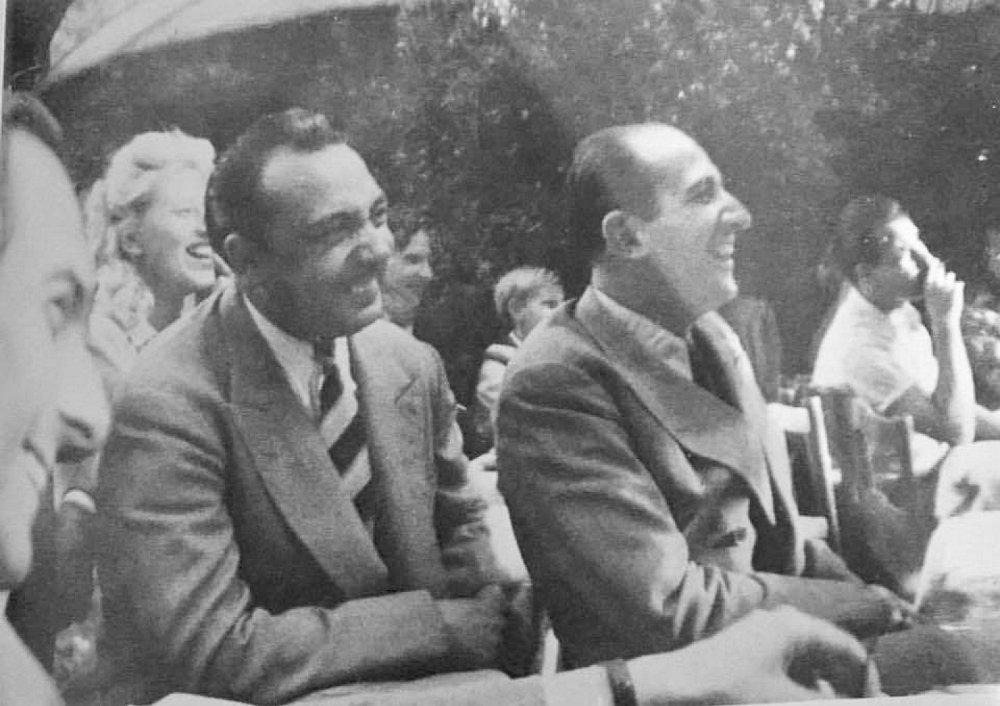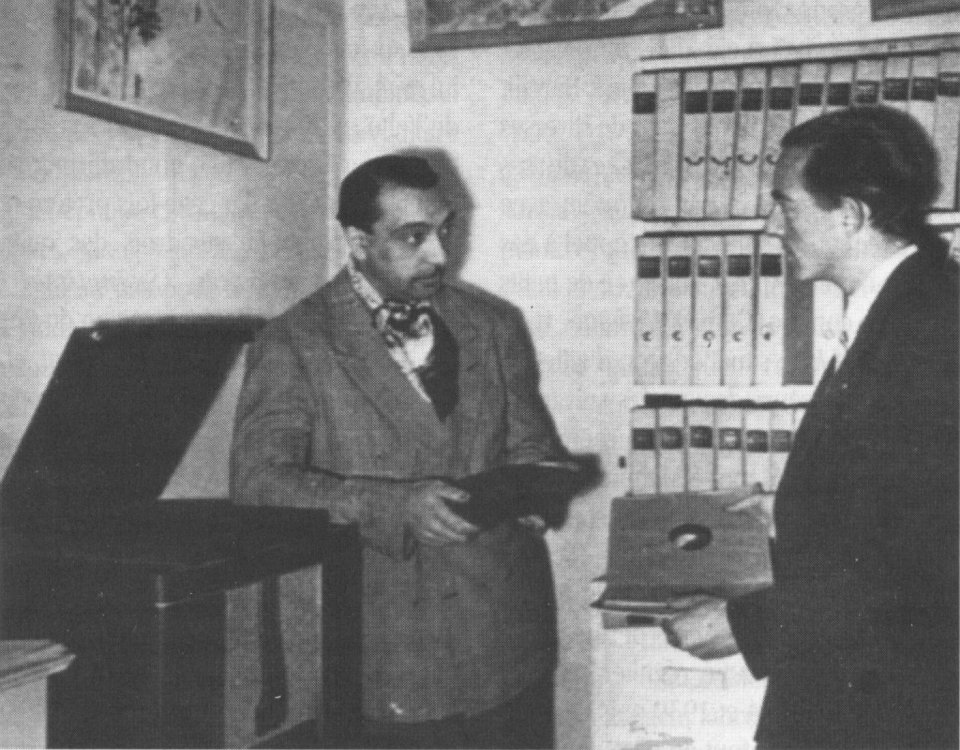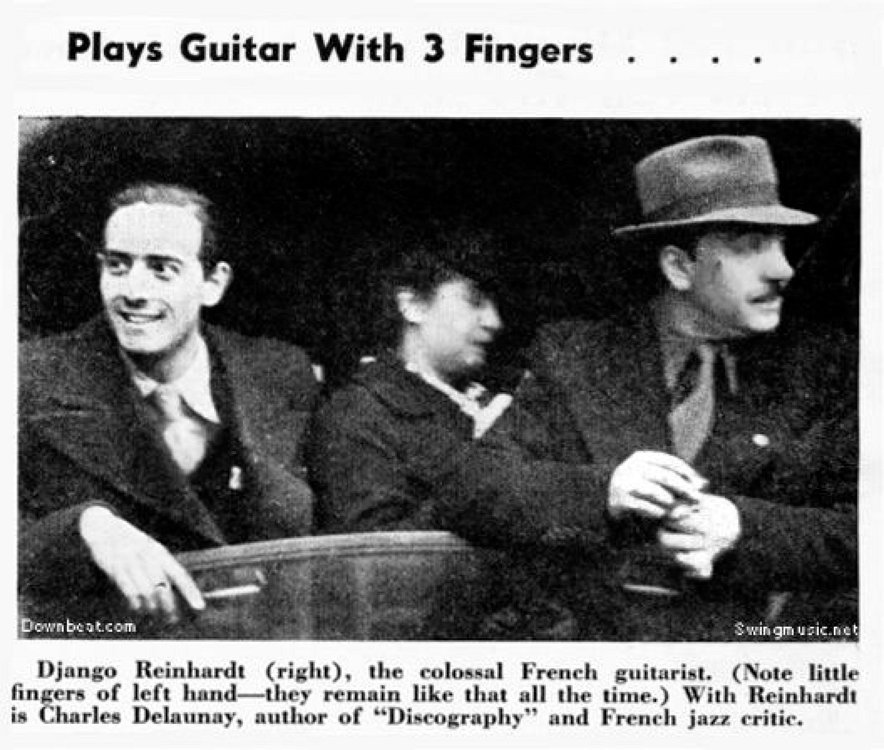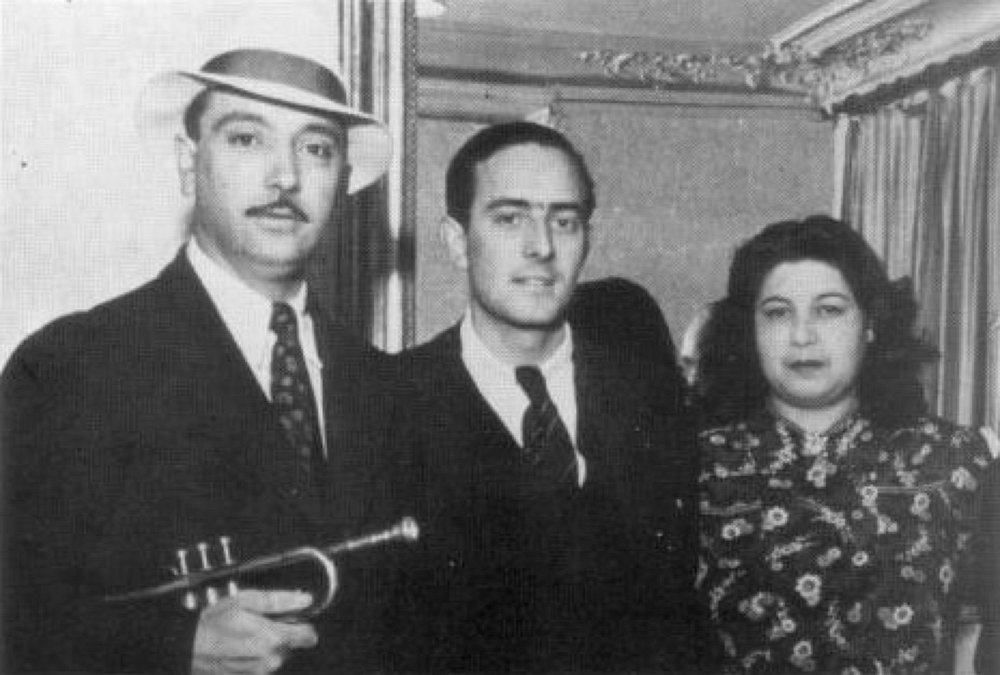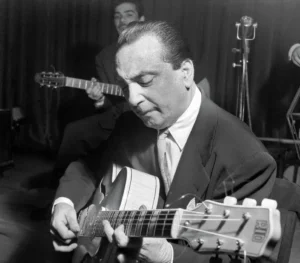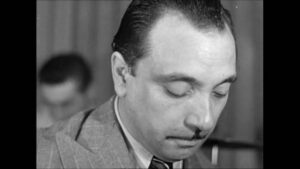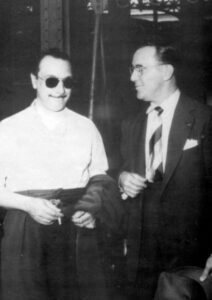Henri Pierre Charles Delaunay was born on January 18, 1911, the son of artists Robert Delaunay and Sonja Terk Delaunay. Although overshadowed by his famous parents, Charles discovered his true calling within the Hot Club de France.
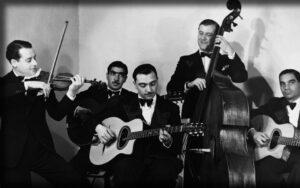
Charles first encountered jazz through his avant-garde father’s discarded record collection. The music of Jelly Roll Morton and Duke Ellington proved too modern for the world of art, but it captivated Delaunay and led him to embrace jazz wholeheartedly.
In Django Reinhardt, Charles Delaunay found a beacon of hope for French jazz and became a tireless promoter of the Gypsy guitarist. Django appreciated having an unofficial manager, but he also handled his own dealings like a true Gypsy horse trader.
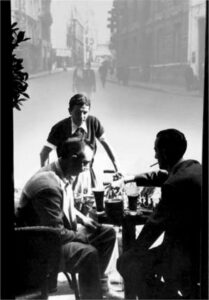
Together with Hugues Panassié, Delaunay founded the Quintette du Hot Club de France, featuring Django Reinhardt and Stéphane Grappelli. He organized concerts, including performances by Benny Carter, Louis Armstrong, and Duke Ellington. The Hot Club de France and Django found a great impresario in Charles Delaunay, solidifying his role as one of France’s greatest jazz ambassadors.
In 1935, along with Panassié, Delaunay established “Le Jazz Hot,” one of the oldest jazz magazines. From 1937, they shared responsibilities for the record label Disques Swing, which exclusively focused on jazz. Delaunay released recordings by American artists such as Dicky Wells, Coleman Hawkins, and Carter, making Disques Swing one of the first labels dedicated solely to jazz.

During World War II, Delaunay participated in the Resistance while continuing to lead the Hot Club. In 1948, he founded Disques Vogue, a record label that played a significant role in introducing bebop to France. Although Panassié did not consider bebop to be jazz, Delaunay embraced its innovative spirit. He authored “Hot Discography,” a comprehensive reference work that saw multiple editions in England, France, and the US.
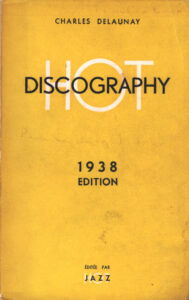
![]()
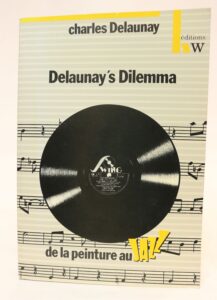
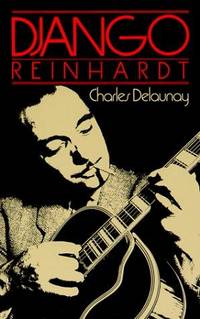
Charles Delaunay passed away in 1988 due to Parkinson’s disease in Vineuil Saint Firmin, France. His legacy includes numerous works, such as “Django Reinhardt – Souvenirs,” “Hot Discography,” “Hot Iconography,” and his autobiography “Delaunay’s Dilemma,” which also inspired a composition by John Lewis.
